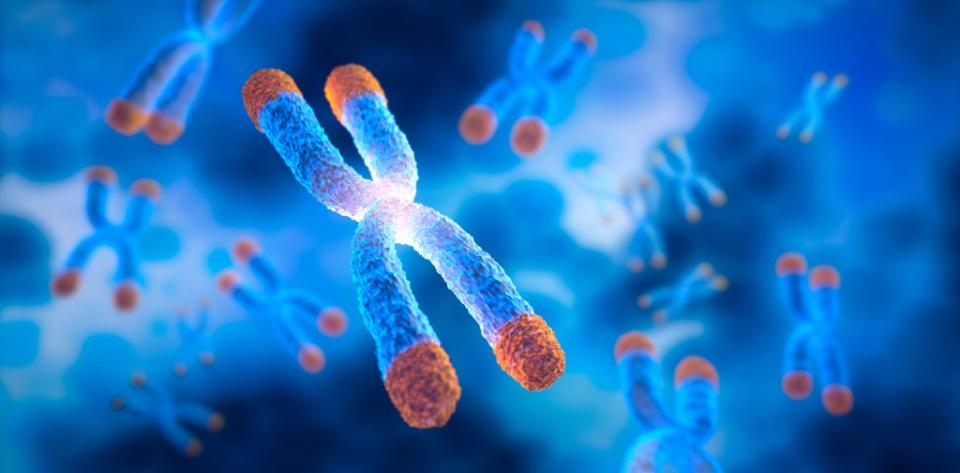Could this diet actually help you live longer?

The secret to living a long and healthy life? Don’t eat that much.
For years, longevity researchers have conducted studies that seem to show restricting calories might help people live longer.
“We’ve known for nearly 100 years that calorie restriction can extend healthy life span in a variety of laboratory animals,” one researcher told CNN last year.
But a new study seems to indicate the relationship between calorie restriction and living to a ripe old age is actually much more complex.

“There are many reasons why caloric restriction may extend human lifespans, and the topic is still being studied,” Waylon Hastings, lead author of the study and postdoctoral researcher, said in a release. “One primary mechanism through which life is extended relates to metabolism in a cell.”
Researchers at Penn State followed a group of people on a restricted calorie diet for two years and noted that at first, their aging process actually seemed to speed up. But after the first year, that process slowed. Specifically, the researchers looked at telomere length as their measurement.
“When energy is consumed within a cell, waste products from that process cause oxidative stress that can damage DNA and otherwise break down the cell,” Hastings explained to Newsweek. “When a person’s cells consume less energy due to caloric restriction, however, there are fewer waste products, and the cell does not break down as quickly.”

To replenish cells, DNA has to be copied into newer cells. Each strand of woven DNA is capped with something called a telomere, and each time the DNA replicates to produce new cells, those telomeres get shorter.
Researchers use the length of telomeres to measure biological age.
Chronological age, stress and illness can all impact telomere length and shorten them more quickly. But these researchers now think the relationship with diet is a little more complex.
In this most recent study, scientists compared people on a calorie restricted diet to those who were not on a calorie restricted diet. After one year, they saw something surprising: Telomere length was shrinking faster than their control group. In other words, calorie restriction seemed to “speed up” aging on a cellular level — at first.
But during the second year, things changed.

“We hypothesized that telomere loss would be slower among people on caloric restriction,” Idan Shalev, associate professor of biobehavioral health at Penn State who has done research in this area for years, said in a release. “Instead, we found that people on caloric restriction lost telomeres more rapidly at first and then more slowly after their weight stabilized.”
Shalev said that the results raised many questions. For one, two years might not be enough time to tell whether the diet was really working to slow down aging. In other words, way more research might be needed to definitively say that reducing calories will lead to a longer life.
The participants being studied will have another followup in 10 years, and researchers said they were already excited to see the potential results.
Despite this single study, several other studies have demonstrated the clear benefits of calorie restriction, especially later in life. Calorie restriction may help reduce blood pressure and lower people’s cholesterol. In general, losing weight may also help people to live longer.

